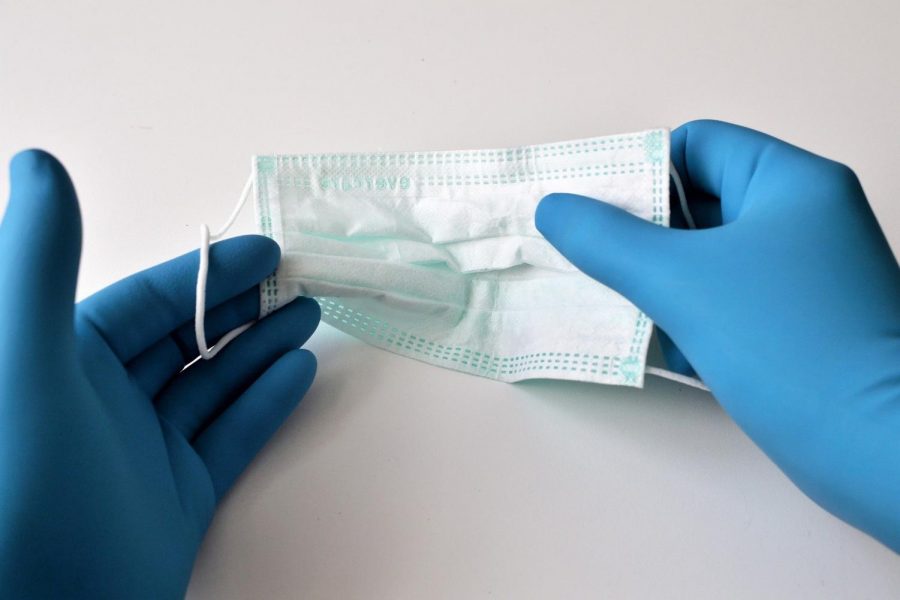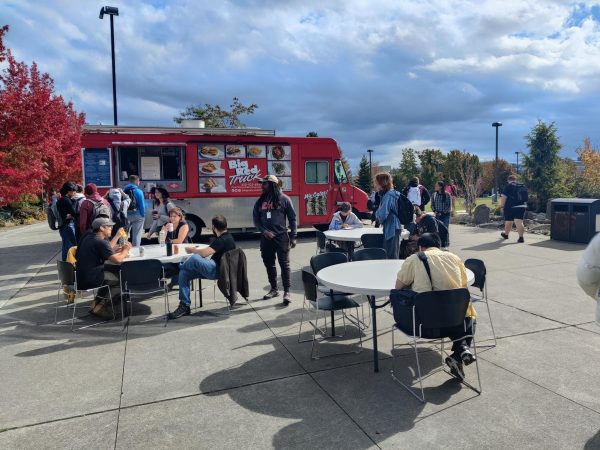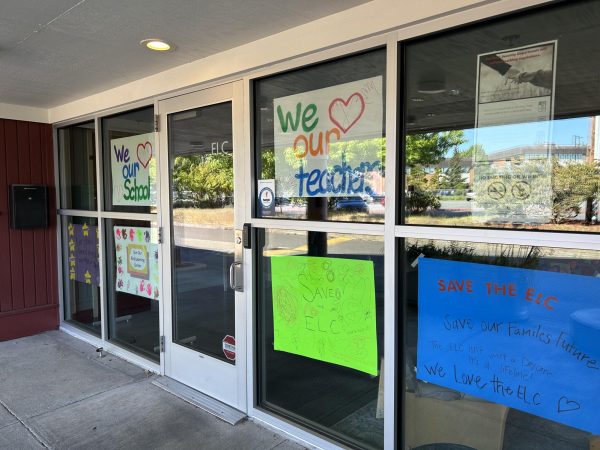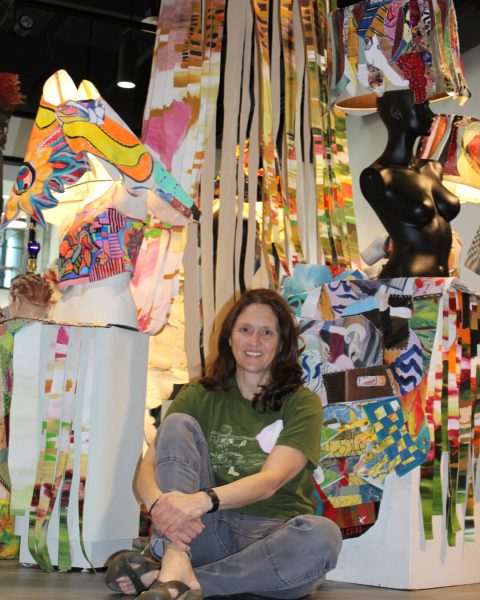Discussing COVID-19 With Infectious Disease Instructor Joan Brindle
One of EvCC’s infectious disease instructors discusses the affects of COVID-19.
“Statistics regarding infectious diseases state that many times, 20 percent of the population is responsible for 80 percent of the disease, said EvCC Infectious Disease Instructor Joan Brindle.”
Since the rapid increase of COVID-19 cases, states all across the country have implemented stay-at-home orders and closed all nonessential businesses. This has had a deep impact on American’s day-to-day lives. Everett Community College has transitioned to almost all online classes. According to Clary Estes, a contributor for Forbes magazine, dozens of states are seeing protests over the continuation of stay at home orders.
With an unclear date as to when we can expect life to start to return to normal, anxiety is heightened. Joan Brindle, an infectious disease instructor at EvCC discussed social distancing practices with The Clipper.
Recently there has been a series of protests about the stay-at-home orders, how will these large gatherings affect how long we quarantine?
“In order to understand this, you should know how each infectious disease is assigned a number based on how easily it spreads. COVID-19 is coming in at a little over a two right now. This means each person who infected could likely spread it to two people and those two people, in turn, would spread it to four people. The number increases very quickly. 1, 2, 4, 8, 16, 32, 64. Doesn’t sound too bad, does it? Well at the end of 30 days, if it continued to spread at this rate, it would be over 5 million cases. You should also note that there are super-spreaders out there. Statistics regarding infectious diseases state that many times, 20% of the population is responsible for 80% of the disease. Often, they don’t have signs and don’t even know that they have the virus. Don’t be a super spreader!”
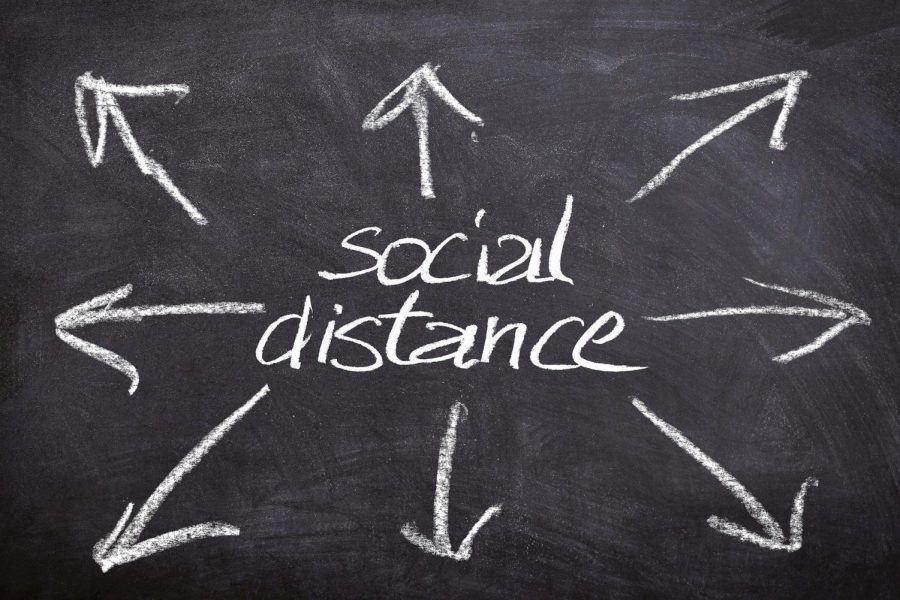
The CDC has warned that we can expect a second wave next winter, how could extending the quarantine help?
“There really are only three factors that determine the rate of infection. Two of those things, length of time that you can transmit it to other people and how the virus is spread (droplets containing the virus) are out of our hands. The only one we have control over is our behavior. If we stay home, wash our hands with soap often, wear a mask in public and isolate to our immediate household we will greatly decrease our chances of a second wave.”

